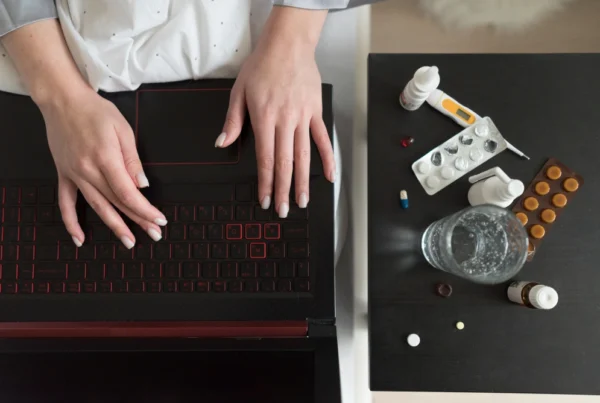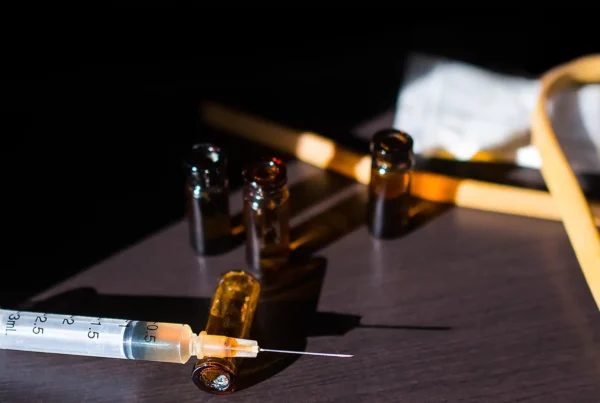Introduction: Is Ketamine Safe for Mental Health Treatment?
In recent years, the world has witnessed a major shift in how psychedelics are perceived, and much of this transformation is being driven by high-profile celebrities. From Elon Musk’s candid use of ketamine to Amanda Feilding’s enduring research advocacy, these influential figures are helping reshape the global narrative around psychedelics. But is ketamine truly safe for mental health treatment? This article examines the evolving safety profile of ketamine, places it in historical context, and explores how celebrity advocacy is influencing public perception and policy reform.
The Historical Context of Psychedelic Use
To understand today’s resurgence, we must revisit the roots of psychedelic research. In the mid-20th century, pioneers like Humphry Osmond and Timothy Leary explored the therapeutic potential of LSD and psilocybin, laying the groundwork for psychedelic-assisted psychotherapy. Unfortunately, the cultural backlash of the 1960s led many governments to criminalize these substances, severely limiting clinical applications for decades.
Scientific Revival and Credibility
The 2000s ushered in a new era of scientific legitimacy. Dr. John Krystal at Yale Medicine showed how ketamine could swiftly reduce symptoms in patients with treatment-resistant depression. Roland Griffiths at Johns Hopkins conducted landmark research on psilocybin’s ability to alleviate anxiety and depression in those facing terminal illness. These studies added empirical weight to anecdotal claims and reinvigorated institutional interest.
Breaking the Stigma Through Public Discourse
Authors and thought leaders like Michael Pollan (“How to Change Your Mind”) and Rick Doblin of MAPS have played pivotal roles in reshaping public understanding. Amanda Feilding, often dubbed the “First Lady of LSD,” has further legitimized the space through her Beckley Foundation’s extensive research. Their voices challenge old stigmas and advocate for evidence-based acceptance.
Celebrity Advocacy and Mainstream Acceptance
Celebrities hold unparalleled influence in modern culture. When figures like Kristen Bell, Mike Tyson, Sting, and Prince Harry openly discuss the mental clarity and emotional breakthroughs they’ve experienced through psychedelics, they normalize these therapies for the broader public. From psilocybin to MDMA, LSD to ketamine, star endorsements are removing fear and igniting curiosity.
Ketamine: From Operating Room to Mental Health Clinics
 Ketamine has made a striking transition from a surgical anesthetic to a frontrunner in mental health care. Its rapid impact on mood disorders and low risk of dependency—especially when administered in low, subanesthetic doses—make it an increasingly attractive alternative to traditional antidepressants. Elon Musk’s comments about using ketamine to combat depression highlight a cultural turning point, as he critiques the “zombifying” effect of mainstream SSRIs.
Ketamine has made a striking transition from a surgical anesthetic to a frontrunner in mental health care. Its rapid impact on mood disorders and low risk of dependency—especially when administered in low, subanesthetic doses—make it an increasingly attractive alternative to traditional antidepressants. Elon Musk’s comments about using ketamine to combat depression highlight a cultural turning point, as he critiques the “zombifying” effect of mainstream SSRIs.
A New Era of Research and Innovation
Prestigious institutions such as Johns Hopkins, Yale, and Berkeley are now leading extensive studies into the mental health benefits of psychedelics. Meanwhile, Silicon Valley leaders like Steve Jobs and Peter Thiel have admitted to using psychedelics to enhance creativity and productivity. Microdosing has gained popularity among professionals seeking an edge without pharmaceutical drawbacks.
Safety, Supervision, and Legal Shifts
While the safety of psychedelics like ketamine is well-documented under medical supervision, misuse can lead to complications—particularly at recreational doses. However, ketamine remains FDA-approved for anesthesia and is legally used off-label to treat depression, anxiety, PTSD, OCD, and bipolar disorder. Cities and states are gradually decriminalizing certain psychedelics, signaling a shift in public policy.
Looking Ahead: What the Future Holds
As stigma recedes and data mounts, more people will likely turn to psychedelic therapy. With expanding research, telemedicine platforms like AVYIA, and growing celebrity endorsement, the future of mental health care appears increasingly open to psychedelic integration. Still, responsible use and regulatory oversight remain crucial.
Conclusion: Celebrities Lighting the Way to Acceptance
The intersection of celebrity influence and psychedelic research is accelerating mainstream acceptance. While these substances must be approached with care, their potential to revolutionize mental health treatment is undeniable. As the dialogue continues and access improves, psychedelics may become a cornerstone in addressing the global mental health crisis.
References
- Krystal JH, Abdallah CG, Sanacora G, et al. Ketamine: A Paradigm Shift for Depression Research and Treatment. Neuron. 2019.
- Griffiths RR, Johnson MW, Carducci MA, et al. Psilocybin produces substantial and sustained decreases in depression and anxiety in patients with life-threatening cancer: A randomized double-blind trial. J Psychopharmacol. 2016.
- Pollan M. How to Change Your Mind. Penguin Press; 2018.
- Feilding A, Beckley Foundation. Ongoing research and policy advocacy for psychedelic science.
- Musk E. Interview on ketamine use. The Wall Street Journal. 2023.




